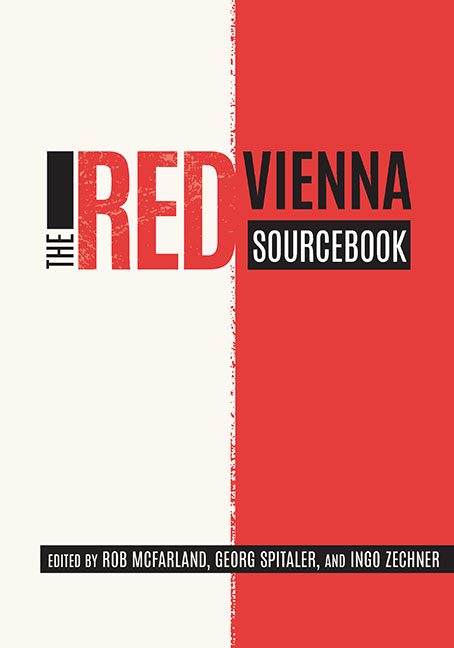Book contents
- Frontmatter
- Contents
- Acknowledgments
- Permissions and Credits
- A Note on the Structure of This Book
- Introduction
- Part I Foundations
- Part II Philosophies
- Part III Identities
- Part IV New Values
- Part V Social Engineering
- Part VI Vitality
- Part VII Housing
- Part VIII Cultural Politics
- Part IX Mass Media
- Part X Exchange
- Part XI Reaction
- Part XII Power
- Chronology
- References
- Contributors
- Index of Subjects
- Index of Persons
Chapter 14 - Health Care and Social Hygiene
Published online by Cambridge University Press: 23 October 2020
- Frontmatter
- Contents
- Acknowledgments
- Permissions and Credits
- A Note on the Structure of This Book
- Introduction
- Part I Foundations
- Part II Philosophies
- Part III Identities
- Part IV New Values
- Part V Social Engineering
- Part VI Vitality
- Part VII Housing
- Part VIII Cultural Politics
- Part IX Mass Media
- Part X Exchange
- Part XI Reaction
- Part XII Power
- Chronology
- References
- Contributors
- Index of Subjects
- Index of Persons
Summary
A PERSON'S MEDICAL-BIOLOGICAL CONDITION, health, and future development were central themes in Red Vienna. Guided by the assumption of a deep impact of external factors on the healthy development of people, scientists and scholars dealt with these issues not only in the biological and medical sciences but also in the fields of philosophy, politics, pedagogy, economics, and urban planning. Rather than being studied in isolation, Max Adler's (1873–1937) New Human became the smallest component of a greater social and biological unit—made up of the family, the city, and the society of the future—and was approached with innovative and multidisciplinary methods. Projects such as Julius Tandler's (1869–1936) textbook for anatomy were developed with the goal of understanding the structure and function of the New Human. These new insights formed the basis for improving both people's bodies and the communal “body,” through hygiene, education, and democracy. Some of their achievements are still with us today: the construction of municipal kindergartens, measures to rehabilitate or resettle areas that pose a health risk, and the development of a medical infrastructure—all date back to that era; and some of the anatomical images conceived by Tandler can still be found in anatomy textbooks. This chapter highlights the theoretical foundations, practical manifestations, and dissenting voices surrounding the configurations of health and the body in Red Vienna.
In the early twentieth century, social policy experts, doctors, and scientists in many cities were devoted to improving public health (then often referred to as “hygiene”) and called for proactive measures in environmental and social fields as well as in eugenics. Red Vienna intellectuals such as the anatomist and city councillor of welfare and public health Julius Tandler, the sociologist and political economist Otto Neurath (1882–1945), and the biologist Paul Kammerer (1880–1926) argued that the development of the individual and society is closely linked with its environment (i.e., the city), and that the key to human renewal lies in practical conclusions from experimental biological, epistemological, demographic, economic, and urban development research. This was similar to Ernst Mach's (1838–1916) neutral monism and Rudolf Goldscheid's (1870–1931) concept of human economy, and it also took its cues from Darwinian evolutionary theory as well as from Jean-Baptiste Lamarck's (1744–1829) theories of evolution through the passing of acquired characteristics.
- Type
- Chapter
- Information
- The Red Vienna Sourcebook , pp. 273 - 292Publisher: Boydell & BrewerPrint publication year: 2019



